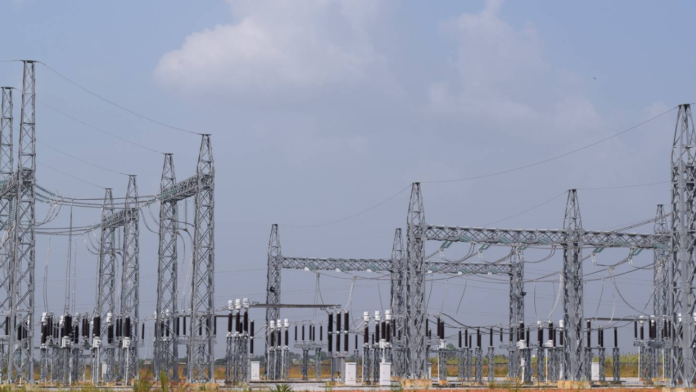Nigerian households experience an average of 6.7 electricity blackouts weekly, with each outage lasting 12 hours, the National Bureau of Statistics (NBS) has reported.
The NBS, in its fifth ‘General Household Survey Panel’ in collaboration with the World Bank, surveyed 4,715 households across Nigeria. The report highlights significant challenges in energy access, particularly in rural areas where electricity infrastructure remains sparse.
According to BusinessDay, the report shows that urban households face an average of 6.4 blackouts per week, each lasting about 12 hours, while rural households endure 6.9 outages weekly, with each lasting 12.1 hours.
Regional differences reveal that southern zones report longer blackout durations exceeding 12 hours, whereas northern zones experience shorter outages lasting less than 11 hours.
The report read: “On average, a Nigerian household experiences electricity blackouts 6.7 times per week. Each outage lasts 12.0 hours on average, leading to a total of 67.2 hours of blackouts over seven days. There are no significant differences between urban and rural households.
“Urban areas face an average of 6.4 blackouts per week, each lasting about 12.0 hours. Similarly, rural households experience frequent blackouts, averaging 6.9 occurrences per week, with each lasting approximately 12.1 hours. However, southern zones report longer duration of typical blackouts (more than 12 hours) while northern zones report shorter blackouts (less than 11 hours).”
Approximately 53.6 per cent of Nigerian households report having access to electricity, with urban households enjoying significantly higher access at 82.2%, compared to 40.4 per cent in rural areas.
At the regional level, the South-East zone boasts the highest electrification rate at 74.6 per cent, while the North East lags behind at just 29.5 per cent.



